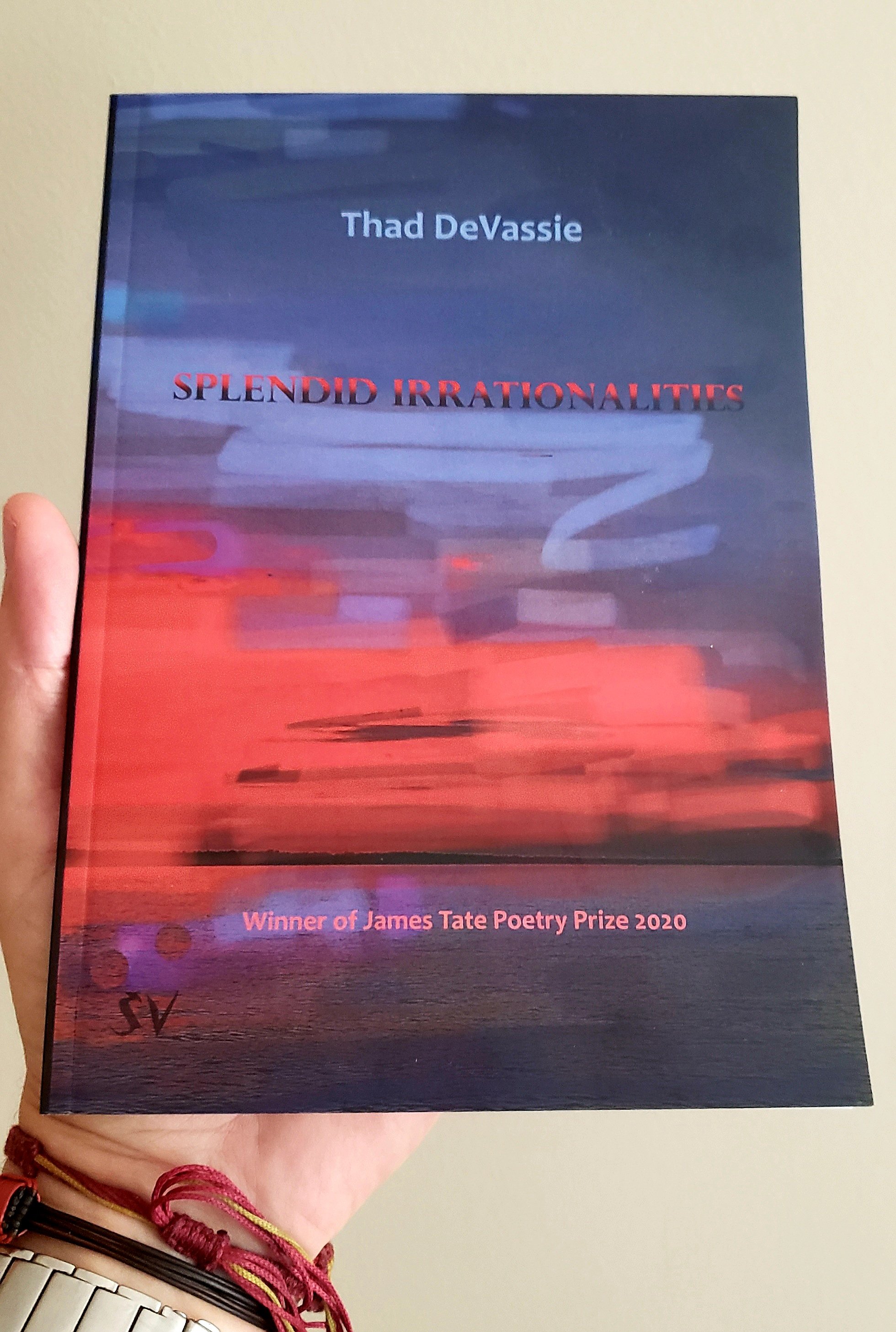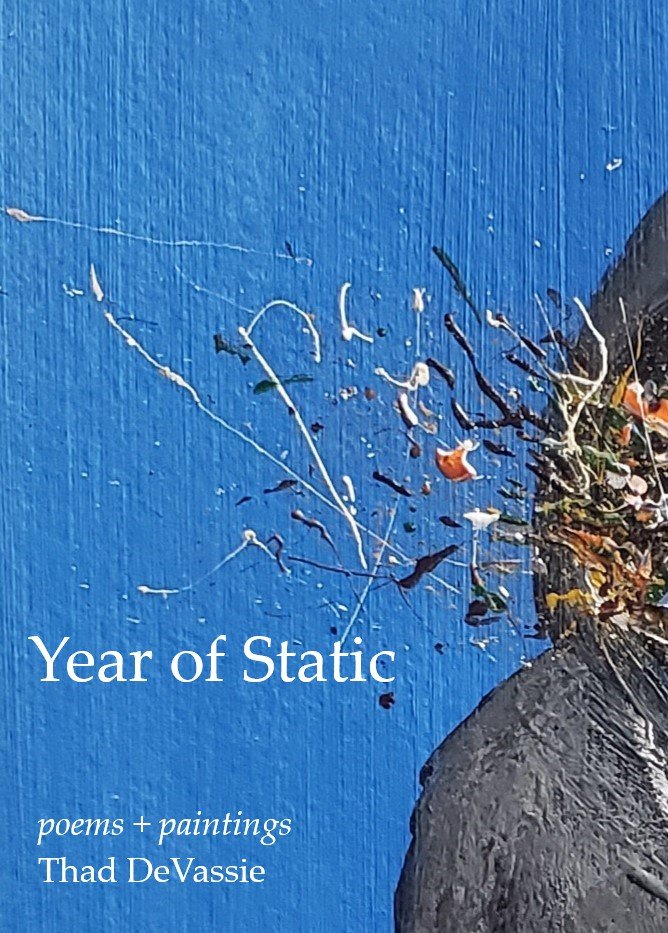Early in my career I had a mentor who was as methodical as the day is long.
I had worked with process-minded people before, but this was a level of process reaching stratospheric proportions. As much as I respected this woman and her many accomplishments, the mere thought of being caught in her process web would send me and some of my fellow colleagues into the proverbial fetal position.
She held professional titles that included teacher, legislative aide, attorney/partner, executive, plant manager, principal – and she brought every bit of herself and influence from those previous roles and experiences to bear on the work for our clients.
There were days when my younger self hated the prospect of entering her office knowing her full range of experience was about to come crashing down on the crumb of work I was trying to implement for a client.
All I wanted was a simple yes or no; do this or change that.
But the teacher in her wouldn’t make it so easy. Not when she saw a student in front of her.
“That’s one way to do it...”
She had a wealth of stories and phrases that she dropped like clockwork on us. It got to a point, or even a time of year, when we could anticipate them. One that sticks in my head to this day is – “That’s one way to do it.”
Translation: We are not doing it that way.
For years it seemed I was prolific in doing it that one (wrong) way.
It never came off as criticism. It was more a glaring fact, and the more you thought about it you intuitively knew she was right: this was not the way to do it.
I’m sure there were times when she would’ve enjoyed going off script to rip into me and my thinking. Still, she never criticized my ideas or the draft work I put in front of her. Instead she willingly gave me time (and demanded undivided attention from me in return) as she worked alongside me to make things better.
Better, I learned, was a much steeper climb than I thought possible.
Doing the hard work for me wasn’t the experience she was willing to pass down. She also knew that criticizing the work would erode trust in the process. Her experiences helped to guide how she would teach others through experience, and by that I mean failure, and revision, and more revision, until we revised our way into something wholly new and different. Maybe she knew that all along, and what she knew I needed to experience. I can hear her words in my head:
“YOUR FIRST IDEA IS NEVER YOUR BEST IDEA, KID.”
Don’t be wooed by your own sense of accomplishment. There is always room for improvement.
She also didn’t criticize the work of clients or competitors. If we had a different approach, we’d work hard to show value in presenting an alternative perspective. We would be persistent but patient. We would be respectful but resolute. And yes, we’d even be willing to rethink our thinking: is this just one way to do it, or might there actually be a better way than we initially envisioned, now that we have greater insight?
CRITICISM IS EASY.
Take the harder high road, the more productive path.
I don’t recall her ever saying this. She didn’t have to.
But it’s what I gleaned from her and an unwavering work ethic — as a teacher imparting wisdom; as someone in politics who knew that common ground is what moves things forward; as an attorney who understood all the ramifications of missteps; as an executive who valued culture and strategic plans as equally important and intertwined; as a plant manager who took responsibility for people, parts and productivity; and as a principal who never compromised her long-held principles.
When we choose to criticize prospective or existing clients for “not getting it” or when we criticize our competition for taking approaches we disagree with or find unprincipled, we need to recognize it for what it is: wasted energy that doesn’t lead us down a more productive path.
When we find ourselves in these situations, perhaps we can flip our thinking and be more thankful for what we learn from doing the hard high road work — and that helps us in the end. Restraint and resilience pay powerful dividends later.
I’m grateful for a mentor who didn’t coddle me, who taught me that first ideas are not our best ideas, it’s just one way to do it. And then graciously extended a hand as if to say – let’s improve on that thinking. Let’s keep climbing.
We need more of that right now in all walks of work and life.
I’m renewing my commitment to taking the often harder, but always more productive path.
It’s a process, one that a right-brainer learned from a patient, left-brained mentor. The path is wider than you might imagine and relatively uncrowded — if you’re inclined to join me.
photo credit: Pawel Chu








